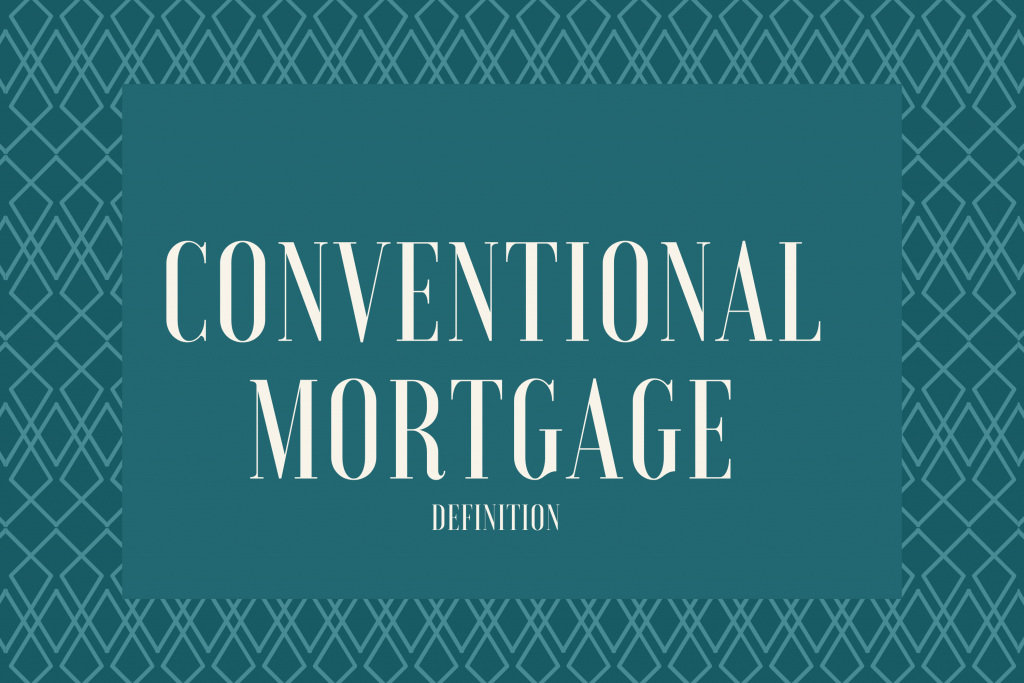Table of Contents
show
What is a conventional mortgage?
A conventional mortgage is a homebuyer’s mortgage that is not backed by government institutions such as FHA. The down payment and income requirements for these loans are set by Fannie Mae and Freddie Mac and loan limits are usually set by FHFA. Should you go with a conventional mortgage and put down 20%? You will not pay mortgage insurance.
Some of the government-backed mortgages
- Federal Housing Administration(FHA) mortgages
- Department of Veterans Affairs (VA) mortgages
- Department of Agriculture mortgages
- Etc.
Requirements for conventional loans
- A good credit score. Having a good credit score is important when hunting for a house. The score requirements are different based on the lender you are getting the mortgage from. However, 620 is the minimum score you need for a conventional mortgage. You also need a higher credit score(at least 740) to get the best rate possible.
- A 20% down payment. This is the default down payment percentage on a conventional mortgage. However, a lower down payment can be used based on negotiations with the lender and the borrower’s history.
- Proof of income. Lenders like borrowers who have worked consistently for a long time. This shows stability at your job and increases the lenders’ confidence that you will pay them back.
Benefits of a conventional mortgage
- You will obtain the loan faster
- Less paperwork
- Better interest charges when you have a good credit score
- Affordable monthly payments due to a higher down payment
- No mortgage insurance if you paid 20% down payment
- You can bundle your tax and property insurance together with your monthly payments
The disadvantage of a conventional mortgage
- Higher interest rate when borrowers have low credit scores
- Huge upfront cost in terms of down payment
- Mortgage insurance is usually applied if your downpayment is less than 20%
- Your interest rate could be higher if you buy a house with a fixed-rate mortgage when the market rates are high.
- Closing costs and fees are paid at the closing time









